On the Way
Reporting from the United Nation Human Rights Council (UNHCR), Kaarnika M elucidates the struggles faced by the refugees of the Republic of Cameroon.
Life has never been easy for the people of Republic of Cameroon, especially for women and children. They are forced to leave their land to escape kidnapping by the Central African Bandits and from militant groups. Long gone are the days when Cameroon used to be the major refugee-hosting nation for the African nations. Now, the situation in the country is forcibly expelling its people out. The emergence of the militant group of Boko Haram has reversed the situation in the country as its members seek to establish an Islamic state specifically in the Northern Cameroon region.
According to the United Nations (UN) estimates, 739000 people are currently internally displaced in Cameroon’s Northwest and Southern regions. This estimate includes people crossing the borders of Cameroon seeking asylum in Nigeria.
The urgent basic needs for the newly arriving people are tough to be managed by the United Nations High Commissioner for Refugees (UNHCR). Schools accommodate children, hosting more than 200 at a time. The schools in the borders and the temporary school setups are trying to accommodate children arriving every day in the classrooms. The elders must be trained so that they could do jobs and to be self-reliant. Refugees have even arrived to the asylum with the wounds of the gunshots. Most of the refugees trek through the forests and the Savannah desert to reach the asylums. More people are travelling everyday through remote borders to reach Nigeria. People rely on trails and informal paths to cross the border since the official border entries are closed due to the country reaching a cap on refugee intake. They face all these hurdles with the hope that their lives would become better. But this is not the case. The women and children, especially girls, are facing the worst situations on their journey, and even after they have reached the asylums. The situations have forced for the need for assistance. Cash assistance is also provided to buy food directly for a short period. The assistance during rainy and harsh conditions makes the situation worse for UNHCR to reach out to the refugee seekers.
The young girls of Cameroon face another version of the consequences. The young girls, even today, have their breasts bound or beaten by heated stones. This practice is done by the girls’ own mother or the grandmother to protect their daughters from the rapes, which are a common incident in the country. They do this to make their daughters look less attractive to the men who have evil eyes for any girl who comes into view. Pregnancy at a young age is also a common scenario in the nation. More workshops have to be conducted for the mothers and grandmothers to increase awareness about the consequences caused by breast-ironing. The basic idea of this practice is that it would protect the girls from sexual assault. Some girls even run away to get rid of this cruel practice, which again increases the possibility of assault on their way to the asylums and continues even after that. The situation is trying to be brought under control by the joint efforts of the member nations of UN, UNHCR along with the Non-Governmental agencies. Only self-reliance and education could help the people to fight against the barriers imposed on them.
(Edited by Harsha Sista)
 SRMMUN 2020
SRMMUN 2020